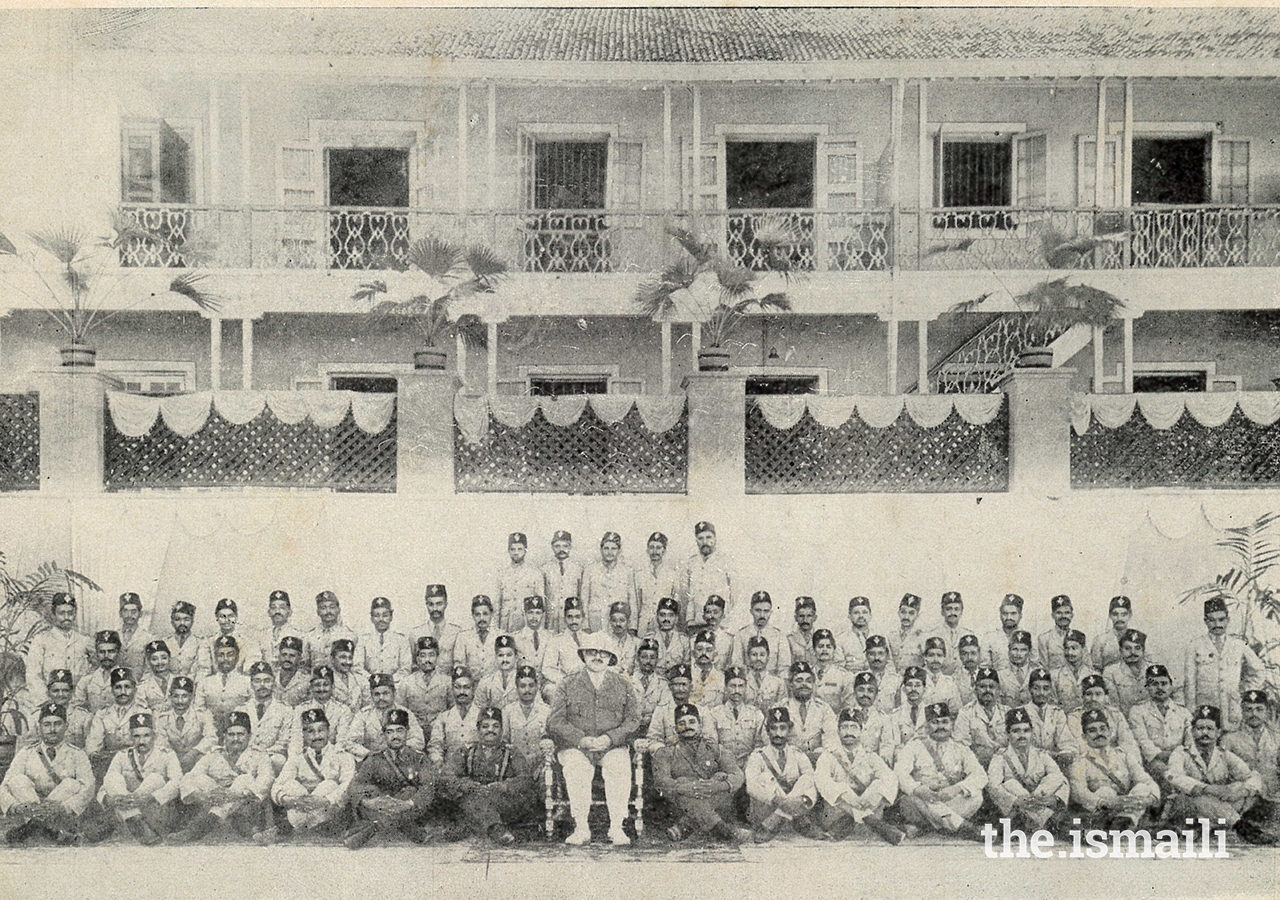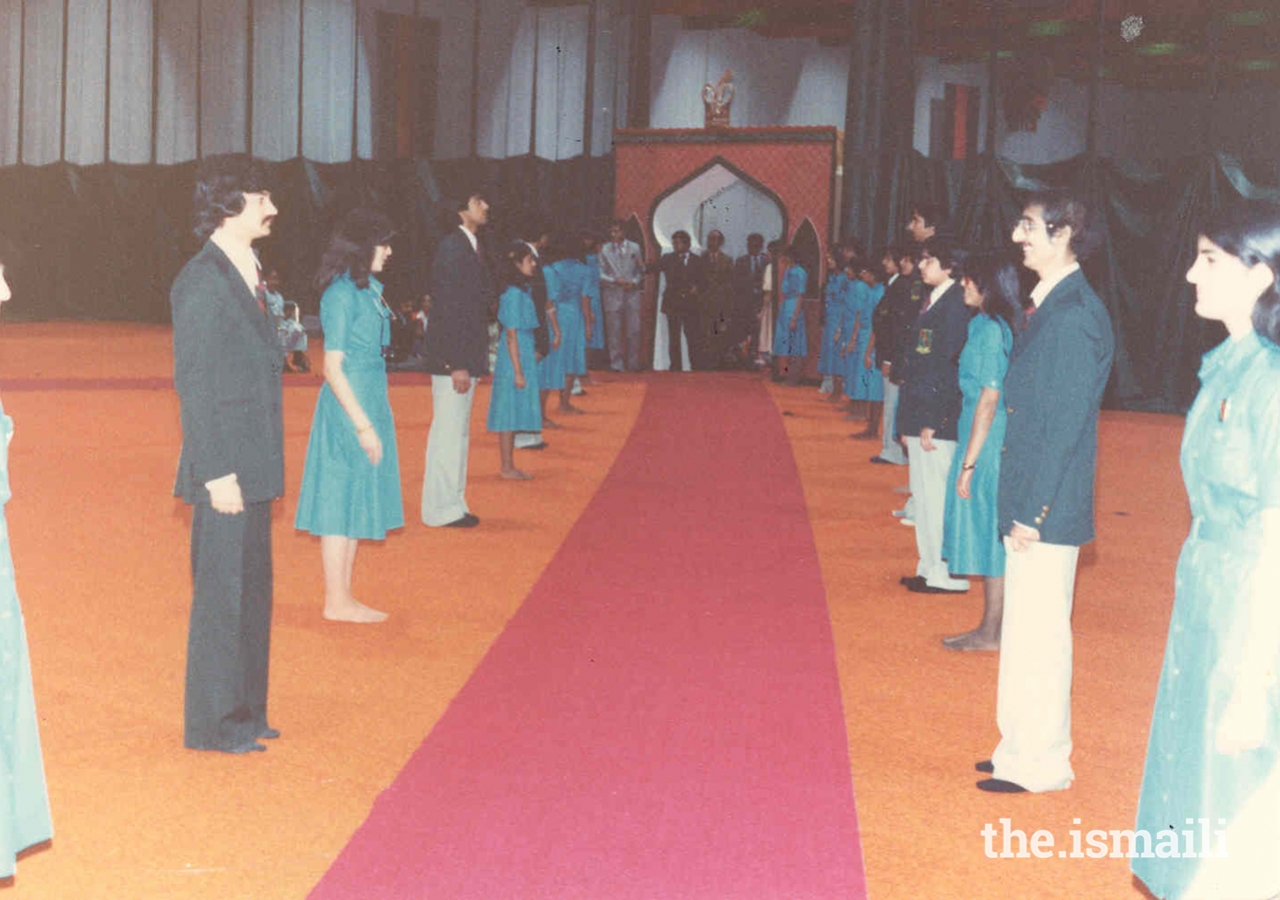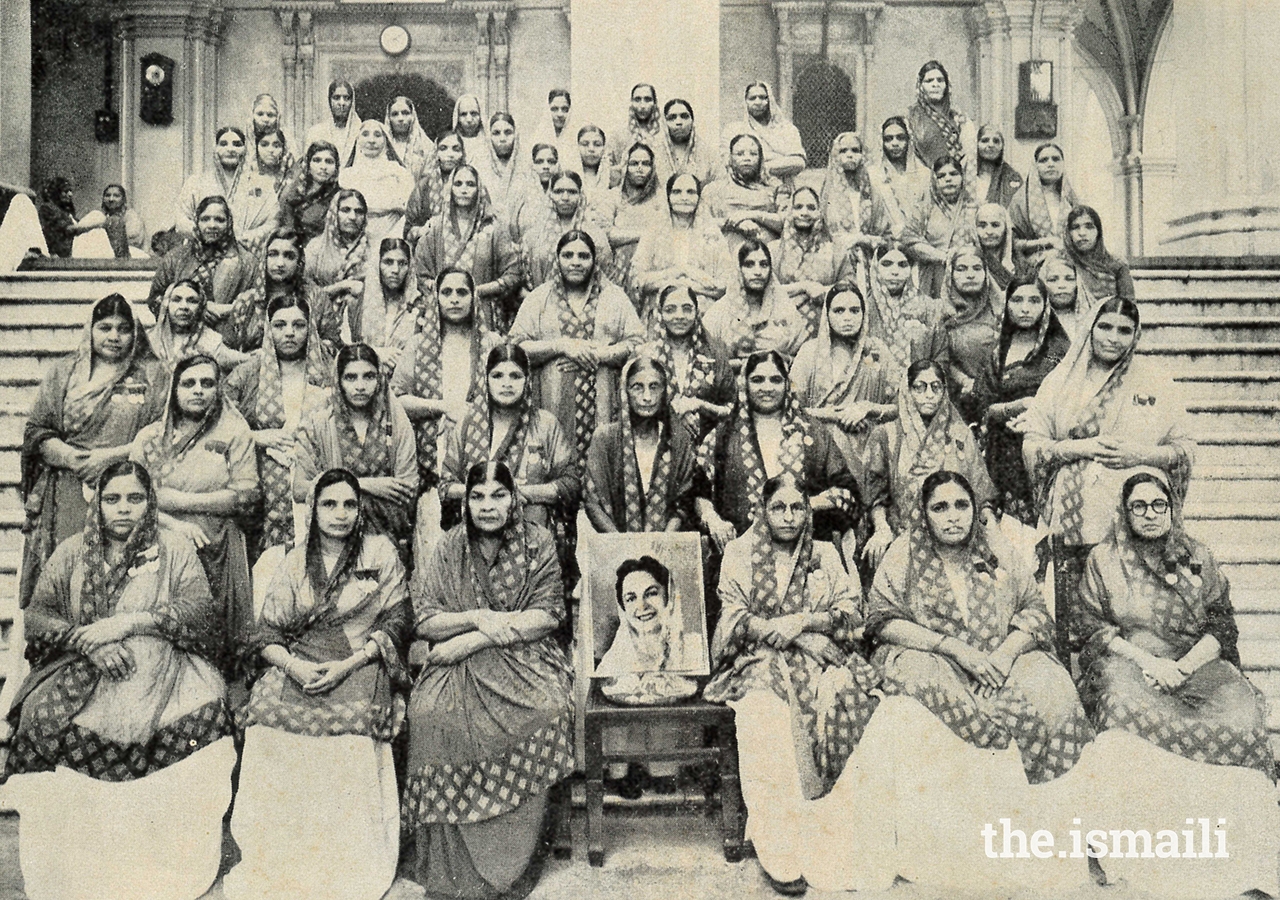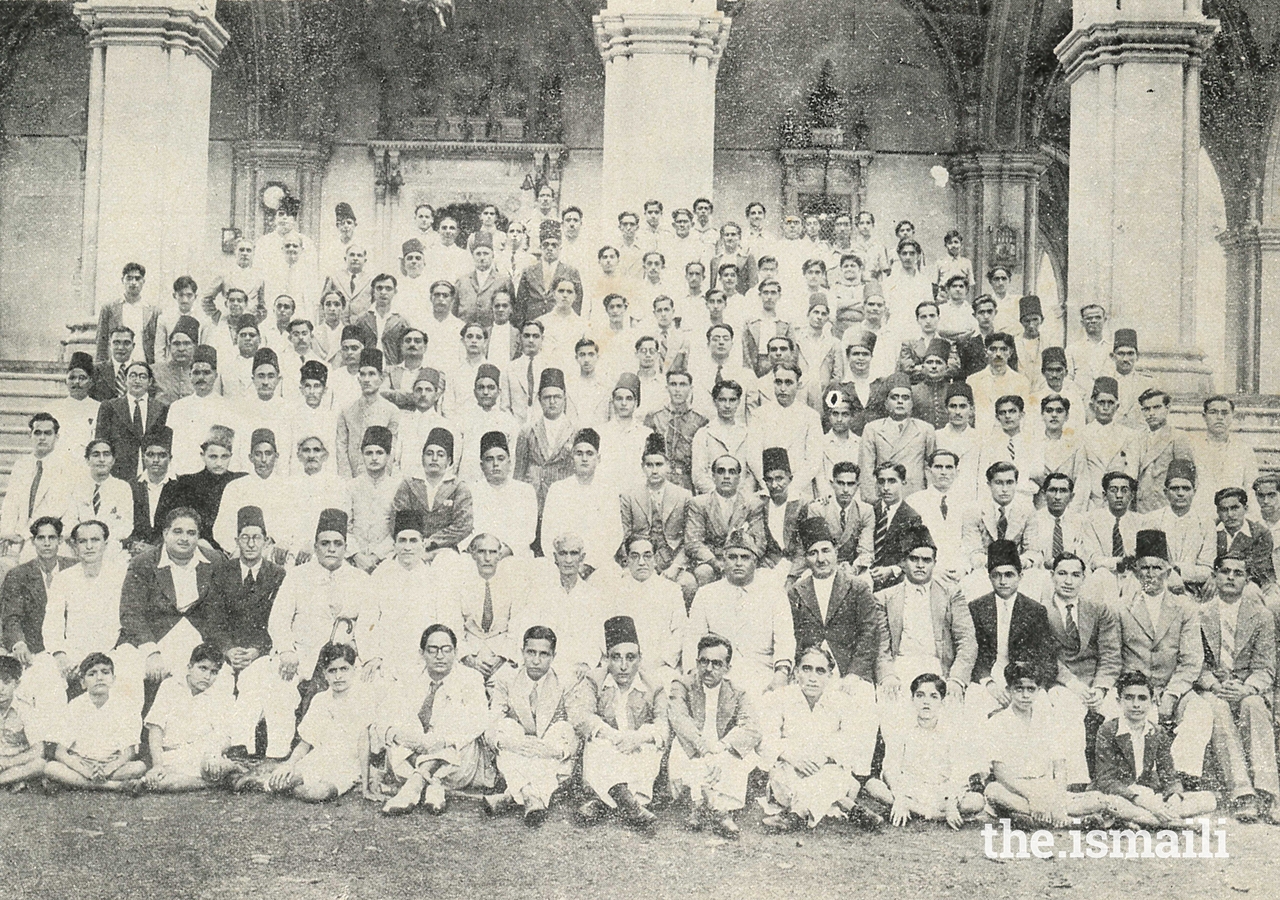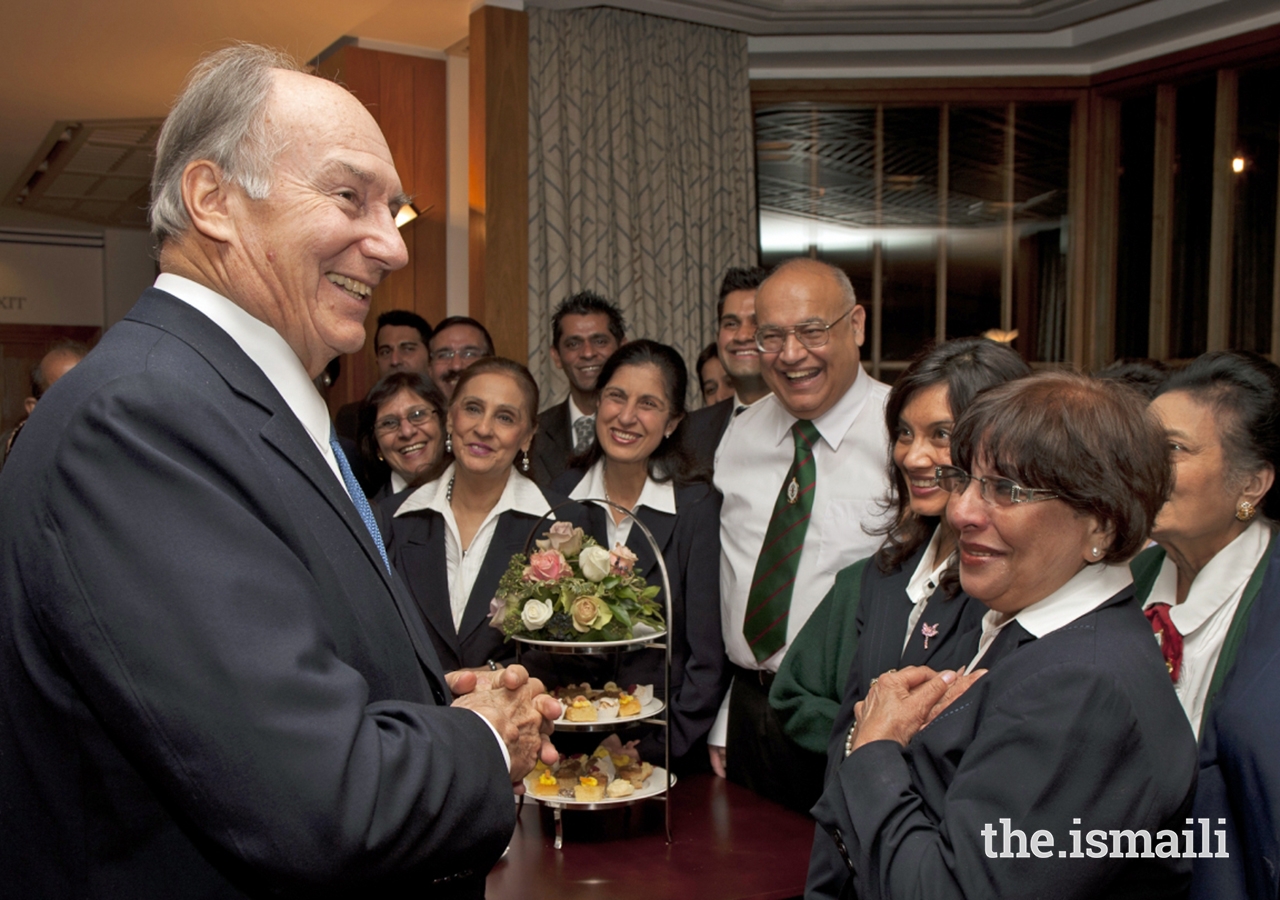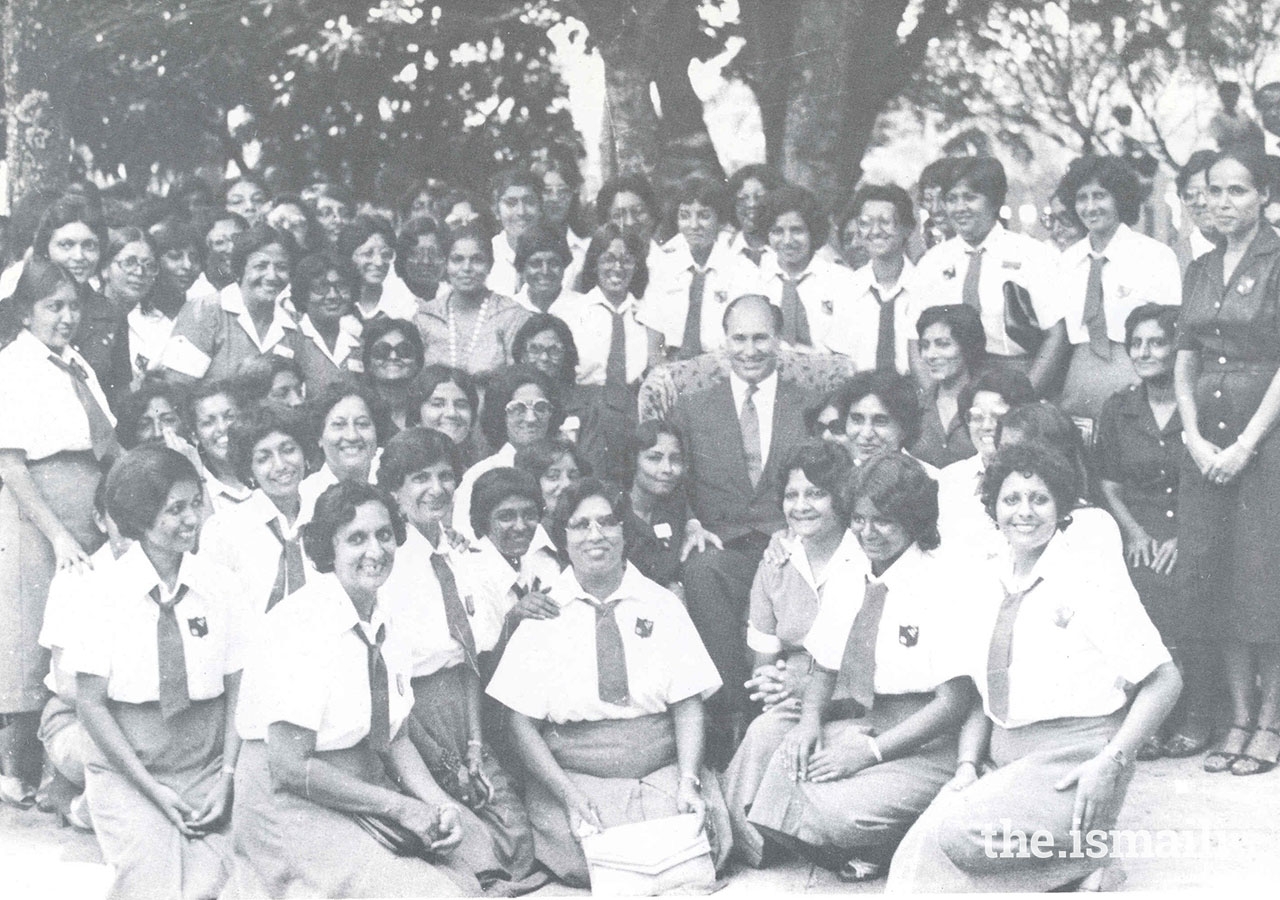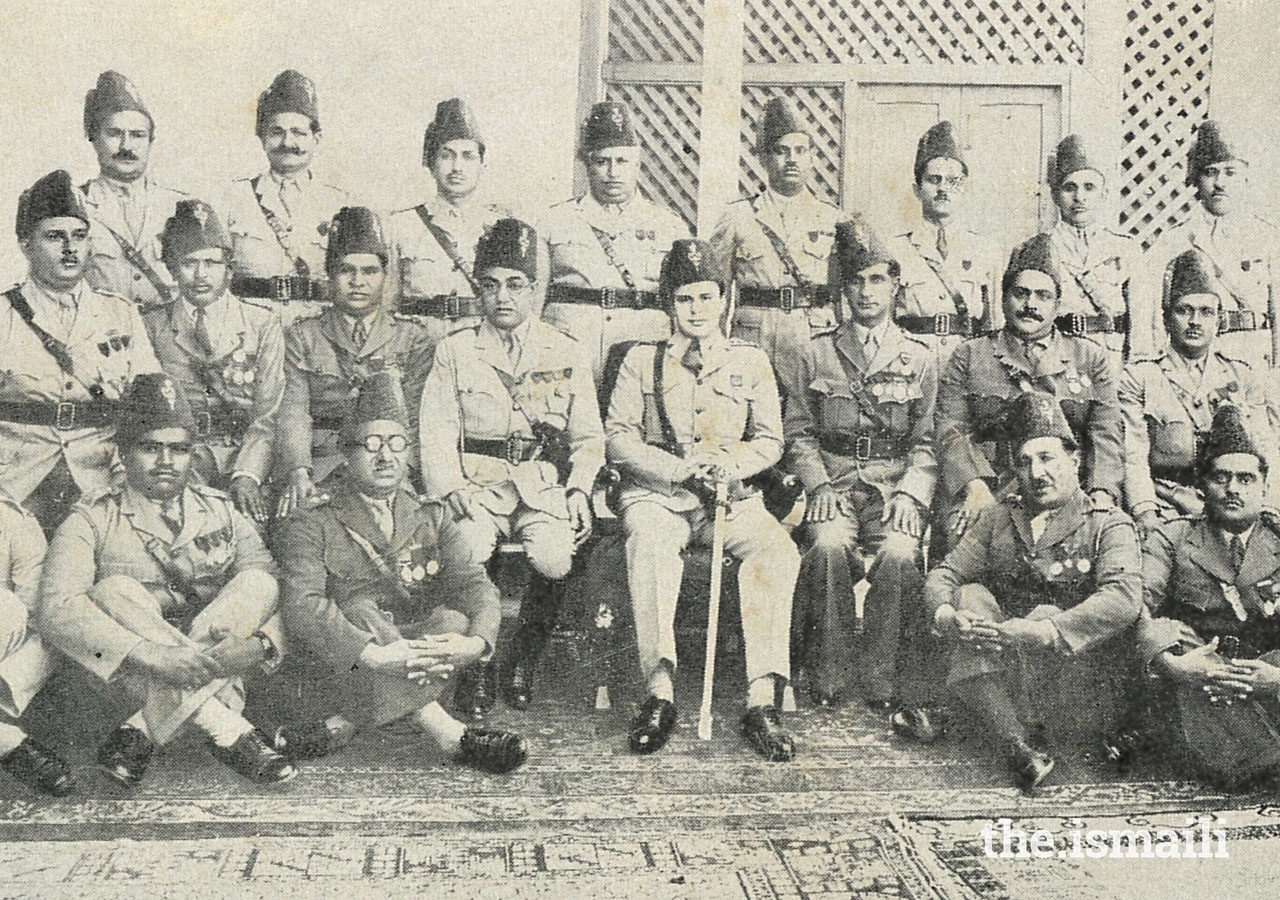The centuries-old tradition of giving of one's time and resources is a significant aspect of Muslim tradition and the bedrock of our community. It encourages initiative, develops leadership capacity, and provides for Jamati members an opportunity for personal and professional development.
“Service to Allah, to community, to society — in fact to humanity at large — is an integral part of faith. Muslims are entrusted with the care and protection of their fellow human beings. They’re enjoined to do good, to help, to share, and to do that with kindness and compassion,” said Dr Nadia Eboo Jamal, a historian with the Institute of Ismaili Studies (IIS). “Through centuries, we have read and heard about Ismailis who have given of their wealth, they’ve shared, they’ve taught, they have written, they have given of their expertise and skills. They have looked after the poor and the elderly and the weak, particularly when it came to offering refuge to those in need.”
The IVC has maintained this historic practice of sharing and giving for the benefit of others.
Throughout his Imamat, Mawlana Hazar Imam has often acknowledged the long-standing tradition of voluntary service within our community and the importance of continuing that tradition today and into the future.
“I am fortunate to lead an international community with a strong social conscience. Bridging North and South, East and West, the Ismailis have a long tradition of philanthropy, self-reliance and voluntary service,” he said in Berlin, Germany on 3 October 2005. “Wherever they live, they faithfully abide by the Quranic ethic of a common humanity and the dignity of man. They willingly pool knowledge and resources with all those who share our social ethic to help improve the quality of life of less fortunate men, women, and children.”
It is this long tradition of voluntary service and the ethic of a common humanity that led to the creation of the IVC a century ago, says Hussain Jasani, the manager for educational programmes in the Department of Community Relations at the IIS. He says the origins of the Ismaili Volunteer Corps can be traced back to India in the early 20th century.
“Murids have always rendered voluntary services. In India, there were Murids who were serving voluntarily but there was no tradition of the uniformed volunteers. There was a group called Vidhya Vinod Club, which was involved in literary activities. There were members who were doing research, writing papers, and they thought of coming up with some organised body, an organised institution, which could be there to support the community,” Jasani said.
The first recorded instances of the formal establishment of Ismaili Volunteer Corps were in 1919 in the cities of Bombay, now Mumbai, and Karachi. In 1920, Mawlana Sultan Mahomed Shah granted the use of his own crest, the Taj, as the emblem of the Ismaili Volunteer Corps. Although the volunteer badge has evolved over time, a group of volunteers in India, called the Taj volunteers, still display a Taj on their caps today.
From its roots in Bombay and Karachi, the tradition of uniformed volunteering spread to other Jamats around the world, and now exists in every country where the Jamat is established. These volunteers span all age-groups, with youth being encouraged to join and learn about serving from a young age. The Ismaili Scouts were introduced in 1924 and today includes young girls and boys who, like the IVC, continue the decades-long tradition of service to the Jamat.
Over the past 100 years, the role of the IVC has continued to expand and has now become an even more integral part of the community’s day-to-day life, and the events and programmes organised to serve its members. This is showcased most strikingly during Mawlana Hazar Imam’s visits to Jamats around the world, when volunteers work tirelessly in preparation to welcome the Imam to their Jamat. Volunteers are seen to spare no effort in the endeavour to ensure the Jamat’s comfort, convenience, and safety, such that it invokes the Imam’s happiness.
Dr Shafik Sachedina, Head of the Department of Jamati Institutions, commented, “Hazar Imam holds volunteers in the highest esteem of service. He is always in admiration of the service, the way in which the volunteers position themselves with humility, with love, with commitment.”

